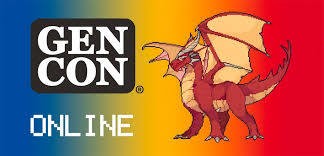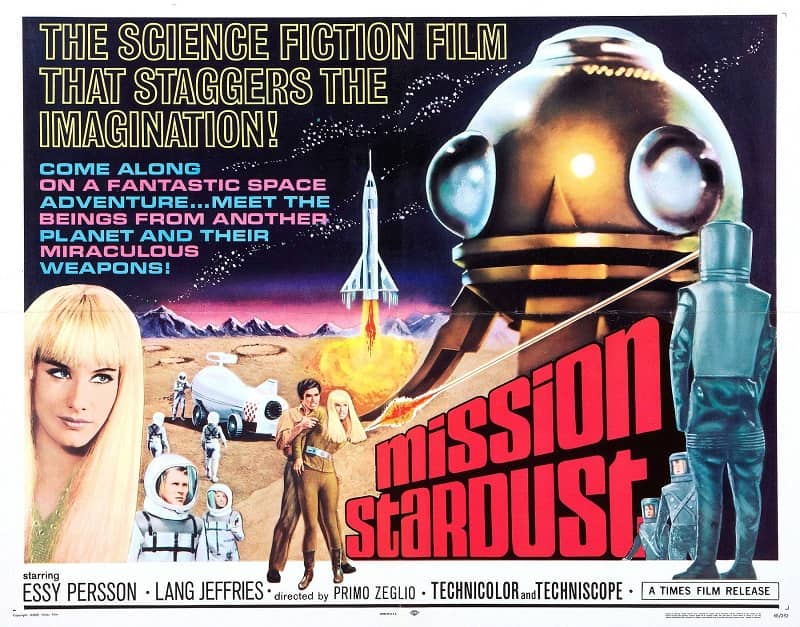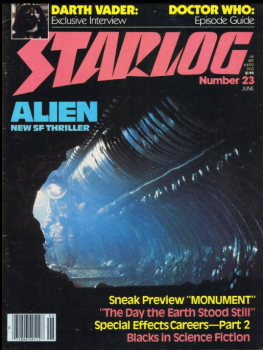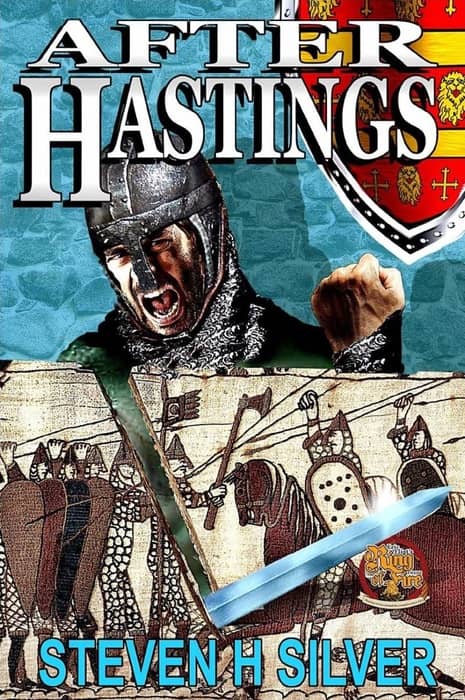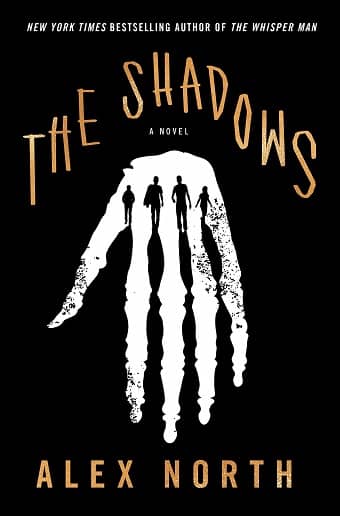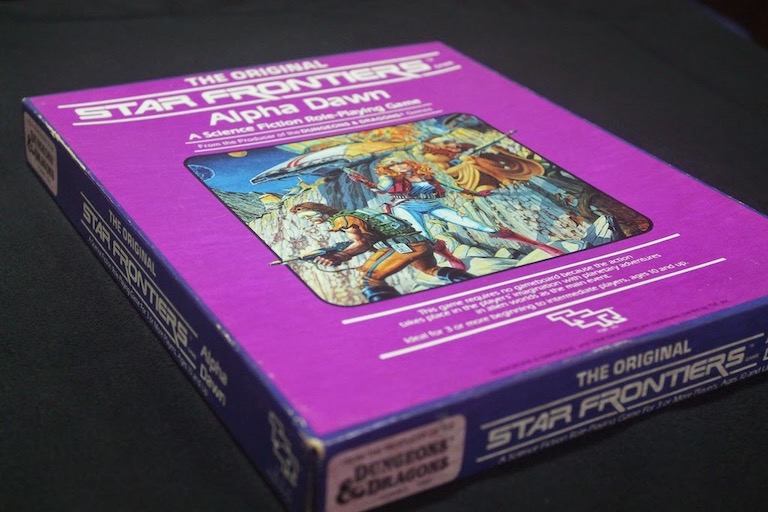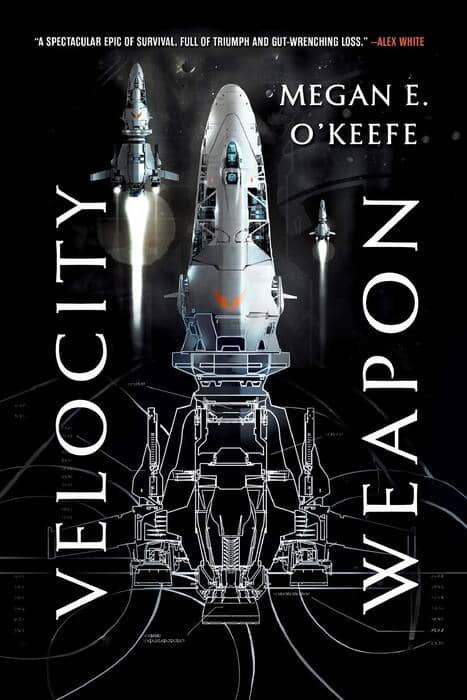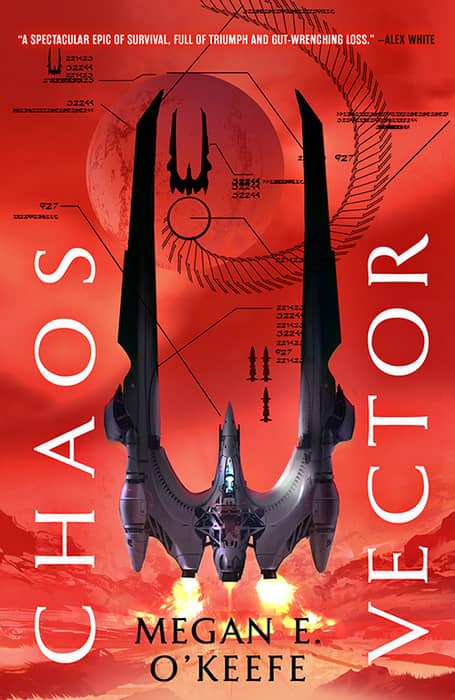Vintage Treasures: Digits and Dastards by Frederik Pohl
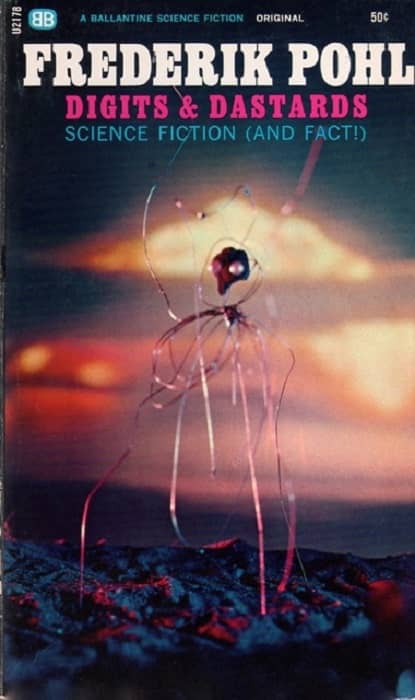 |
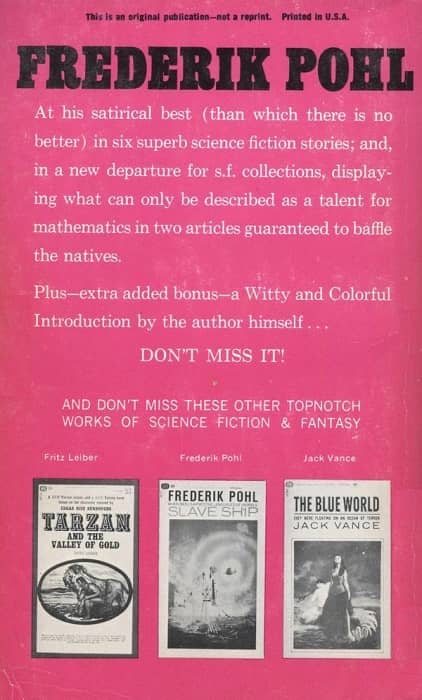 |
Digits and Dastards by Frederik Pohl (Ballantine Books, 1966). Artist uncredited.
Frederik Pohl was something of a science fiction renaissance man. He was a fan, agent, publisher, editor (of both Galaxy and If magazines, from 1969-79), and multiple Hugo Award-winning writer. His career spanned over 75 years, from his first publication (a poem in 1937) to his last novel, All the Lives He Led (2011). He received the SFWA Grand Master Award in 1993. He died in 2013, at the age of 93.
Along with Asimov, Heinlein, Campbell and Wollheim, he was such an integral part of 20th Century SF that you can honestly say that without him, the field would have been dramatically different. Like Campbell and Wollheim, he was a taste-maker, a keen-eyed editor who loved discovering talent, and he won three Hugo Awards in a row as best editor. Like Asimov, he wrote extensively about science fiction, pointing many young readers (including me) towards the folks they should be reading, and enriching the history of the field with numerous non-fiction articles.
And like Heinlein and Asimov, he was hugely respected as a writer, winning numerous awards for his fiction, including a Hugo and Nebula Award for Gateway (1977), the John W. Campbell Award for the novella collection Years of the City (1984), and the coveted National Book Award for Jem (1979). In 2010 he won the Hugo Award for Best Fan Writer for his long-running blog, one of the earliest (and still one of the best) SF blogs, The Way the Future Blogs. He was a pioneer in the field to the very end.
I’m very fond of Fred Pohl. Like Asimov, he wrote about science fiction not as some higher and more enlightened branch of literature, but as a quirky business practiced by a small community of highly likeable individuals who shared common roots, and a common love of and fascination with science. It was that characterization, as much of my love of the stories itself, that filled me at a young age with an enduring desire to become an SF writer.
And, very much unlike Asimov, Pohl was a high-school dropout in a genre that celebrated hard science, and that gave him– critically, I think — a refreshingly different viewpoint on what science fiction could (and should) mean to the average reader. He was also a local SF writer, a fixture at the major Chicago SF conventions, and was just as delightful in person as he was on the page. He was an entertaining and self-deprecating writer, as you can see from the following excerpt from the introduction to his 9th collection, Digits and Dastards (1966).

